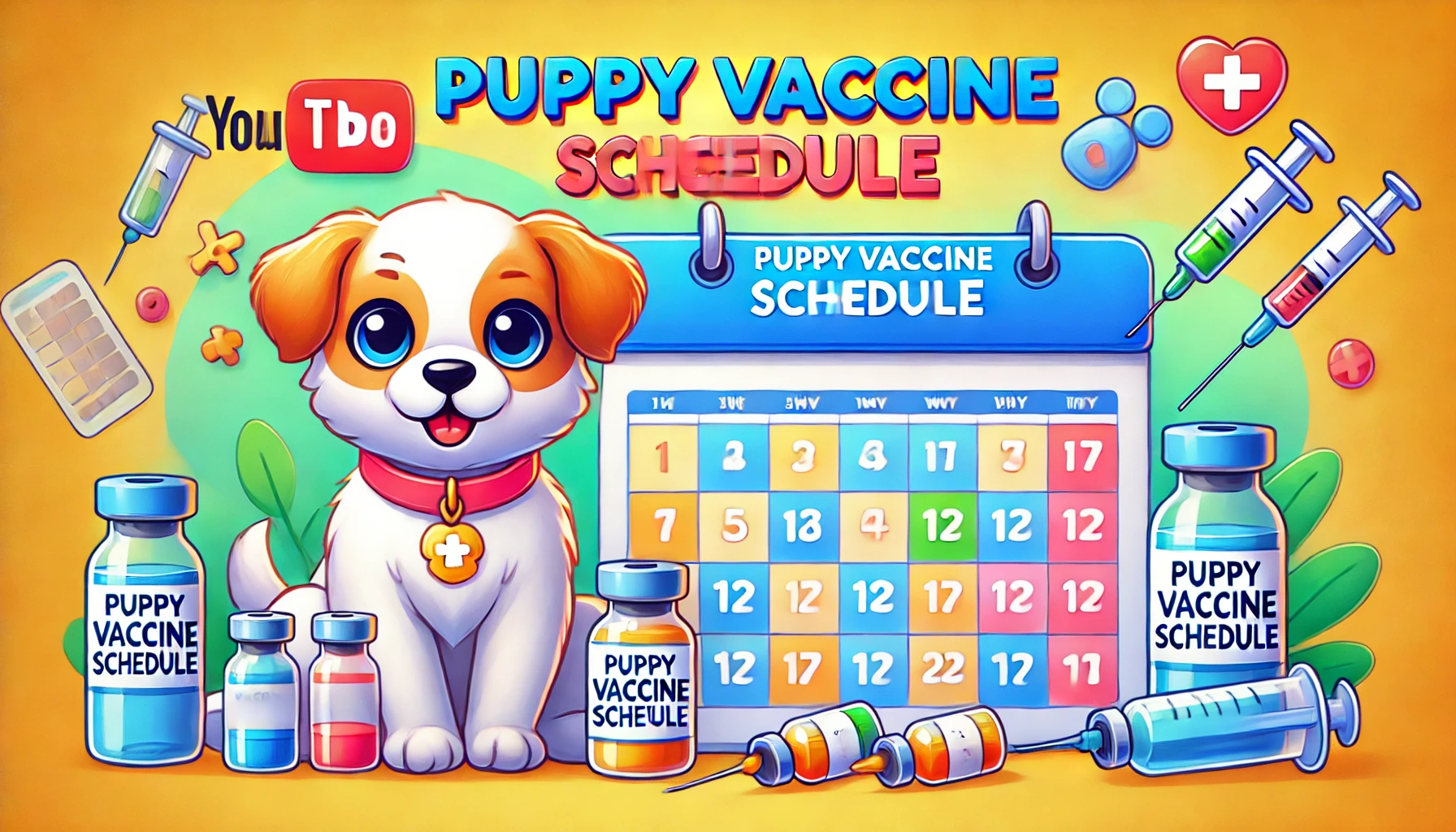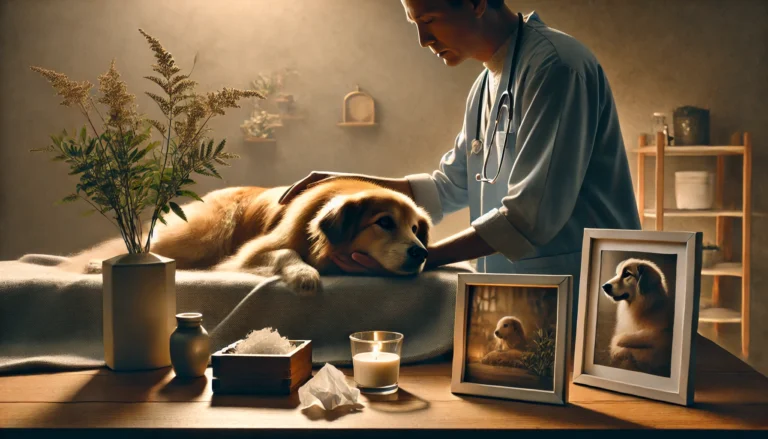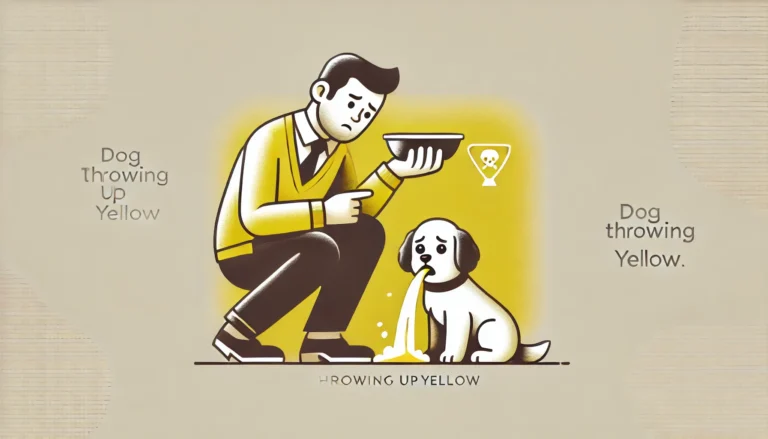puppy vaccine schedule

Understand puppy vaccine schedule
puppy vaccine schedule is very important for the puppies. Ensuring your dog’s health through proper vaccination is crucial from puppyhood through their senior years. This expanded guide outlines the essential vaccinations for puppies and dogs, incorporating a detailed schedule to help you manage your pet’s health effectively.

Understanding Dog Vaccinations
Vaccinations protect dogs from various diseases, some of which can be fatal. By introducing a safe form of the disease into the dog’s body, the immune system is stimulated to build resistance without causing illness. This section incorporates a detailed look at necessary puppy and dog vaccinations, using terms like “puppy vaccines schedule” and “core vaccines for dogs.”
Puppy Vaccination Schedule
Puppies need multiple vaccinations in their first year to protect against major canine diseases. Owners should follow a “puppy shot schedule chart” to keep track of their pet’s vaccinations.
- 6 to 8 weeks: Start with the first dose of the DAP (Distemper, Adenovirus, and Parvovirus) vaccine. At this age, puppies should receive their first Bordetella vaccine if they are at risk of exposure.
- 10 to 12 weeks: Administer the second DAP vaccine and the first dose of the leptospirosis vaccine, continuing with Bordetella if needed. The “5-in-1 vaccine for puppies schedule” often begins around this age.
- 14 to 16 weeks: A third DAP vaccine is given. Puppies receive their first rabies shot and a second leptospirosis vaccine.
- 16 to 18 weeks: Depending on the veterinarian’s advice and local laws, a fourth DAP vaccine may be administered.
Annual Adult Dog Vaccination Schedule
Once dogs reach adulthood, the frequency of vaccinations changes. A “dog vaccination schedule chart” can help you remember the timing for each vaccine.
- Annually: Dogs should receive a booster for rabies, DAP, and leptospirosis. Bordetella should be boosted every six months to a year, especially if the dog is frequently boarded or attends doggy daycare.
- Every 3 years: Some veterinarians recommend triennial DAP vaccinations instead of annual, depending on the dog’s health and risk factors.
Senior Dog Vaccinations
Vaccination needs may change as a dog ages. “Senior dog vaccines” should be tailored to the individual pet’s health status and risk exposure. Continuing with rabies and DAP boosters is standard, while assessing the need for others like leptospirosis and Bordetella.
Optional and Non-core Vaccines
Beyond the essential vaccinations, some vaccines are given based on the dog’s lifestyle and exposure risk:
- Canine Influenza: For dogs in high-contact settings.
- Coronavirus: For puppies in high-density living conditions.
- Lyme Disease: For dogs in areas with high tick exposure.
The Role of Titer Testing
To avoid over-vaccination, some owners opt for “titer tests” to determine if their dog still has immunity from previous vaccinations. This can particularly apply to core vaccines.
Vaccine Safety and Side Effects
While vaccines are generally safe, they can cause side effects ranging from mild soreness and lethargy to more severe allergic reactions. “Canine vaccine injection sites diagram” can help identify proper vaccination spots to minimize discomfort.
Keeping Track of Vaccinations
Maintaining an updated “puppy vaccination chart” or “dog vaccine chart” is crucial. It helps ensure that your dog receives timely vaccinations and booster shots. This record will be particularly important if you board your dog or travel, where proof of vaccination is often required.

Conclusion
Following a “puppy vaccine timeline” and adhering to an “adult dog vaccines schedule” are fundamental aspects of pet care. By ensuring your dog receives the appropriate vaccinations throughout their life, you can protect them from many common infectious diseases. Always consult your veterinarian to tailor the vaccination schedule based on your dog’s specific needs and lifestyle, ensuring they receive the best possible protection at every age.






